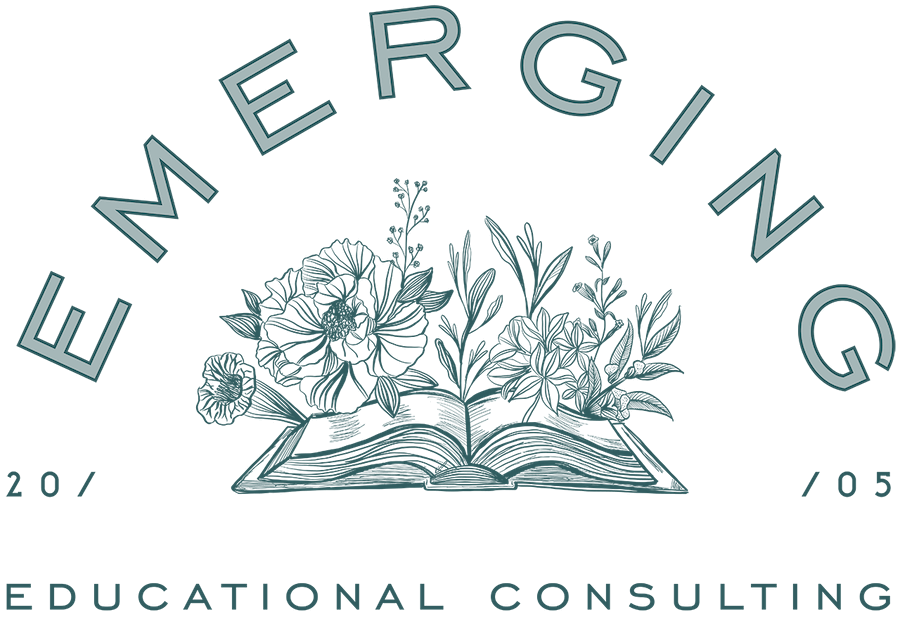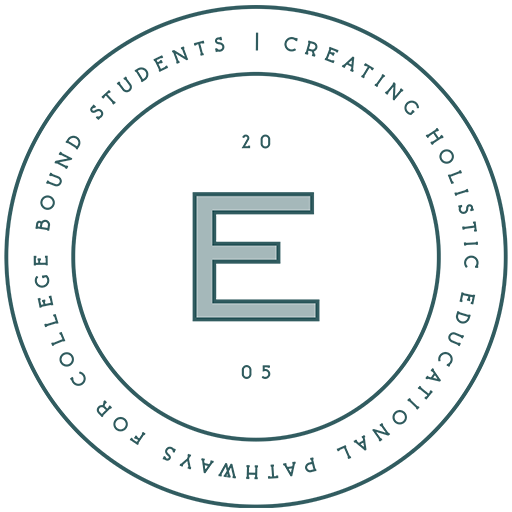Getting deferred can feel like hitting the pause button on your college dreams, but it’s not the end of the road—it’s an opportunity to strengthen your application and advocate for yourself. A deferral means the college sees potential in you but isn’t ready to make a final decision just yet. This happens for a variety of reasons, from class composition to timing. Let’s break it all down and explore how you can turn being deferred into a positive opportunity.
Why Do Colleges Defer Applicants?
Deferrals are strategic—not a reflection of your worth. Here’s why they happen:
- Comparing Applicants: Schools wait to evaluate you in the broader Regular Decision (RD) pool, allowing a comparison against a larger group.
- Class Composition: Colleges aim for diversity in geography, interests, and academic focus. If your profile overlaps with others admitted early, they may defer you for reconsideration.
- Yield Management: Colleges may use deferrals to gauge your genuine interest while ensuring they admit students likely to enroll.
- Incomplete Picture: If they need to see mid-year grades or updated extracurriculars, a deferral gives them time to gather a fuller view.
- You’re Strong, But Not a Standout (Yet): While you meet their criteria, they may want to see more to distinguish you in a competitive pool.
What Deferrals Are Not
Let’s clear up some misconceptions:
- A deferral is not a rejection. You’re still in the running!
- It’s not personal. Admissions decisions are influenced by institutional goals and class-building strategies.
- It doesn’t mean you didn’t do enough. Often, it’s about timing or aligning with the school’s priorities.
What to Do Next
Here’s how to turn a deferral into an opportunity:
Write a Letter of Continued Interest (LOCI)
- Reaffirm your enthusiasm for the college and explain why it’s your top choice.
- Share meaningful updates—improved grades, new awards, leadership roles, or projects.
- Keep it concise, professional, and authentic.
Submit Strategic Updates
- If the college allows, send updated materials, like transcripts or additional recommendations, that showcase your growth or accomplishments.
Refocus Your Efforts on Regular Decision Applications
- Use this as a chance to refine your essays, highlight unique aspects of your profile, and ensure your applications to other schools are as strong as possible.
- Broaden your college list to include schools where you’re a great match.
Stay Positive
- A deferral doesn’t mean you weren’t good enough. It means the college sees potential in you. Keep a growth mindset and focus on what you can control.
Stay Engaged and Finish Strong
- Colleges love to see upward trends in academics and consistent dedication to extracurriculars.
- Maintain your momentum through senior year—it speaks volumes about your resilience and character.
Resilience in the Face of Deferral
Being deferred can feel disheartening, but it also presents a valuable life lesson: how to adapt, persevere, and keep striving toward your goals. The college admissions process is unpredictable, but a deferral doesn’t define your worth or potential.
Many deferred students are ultimately admitted during RD. Even if that’s not your path, this journey is preparing you for future challenges. Remember, the lessons learned here will serve you well beyond college.
Key Takeaways
- A deferral is not a rejection; it’s an opportunity to strengthen your case.
- Advocacy matters—take the time to craft a thoughtful LOCI and provide updates.
- Broaden your options and focus on what’s within your control.
- Stay positive, determined, and confident in your abilities.
Your college journey is just beginning, and there are many paths to success. Keep showing up, keep believing in yourself, and know that your story is still unfolding.
For more details, you can explore NACAC’s comprehensive guide on factors influencing admission decisions.
Laura Barr is a deeply experienced and passionate college consultant, founder of Emerging Educational Consulting, and creator of the Capstone Certification program. She’s dedicated to helping families and professionals navigate the college application process with simplicity, deliberation, and joy. Want to learn more about our services? Tell us your story!




